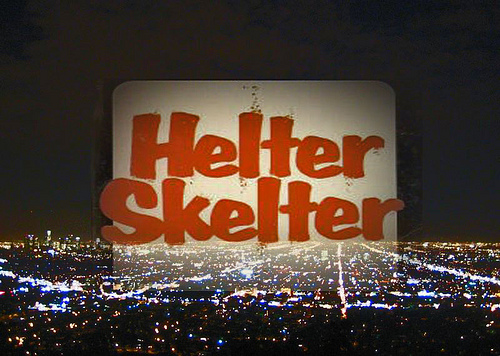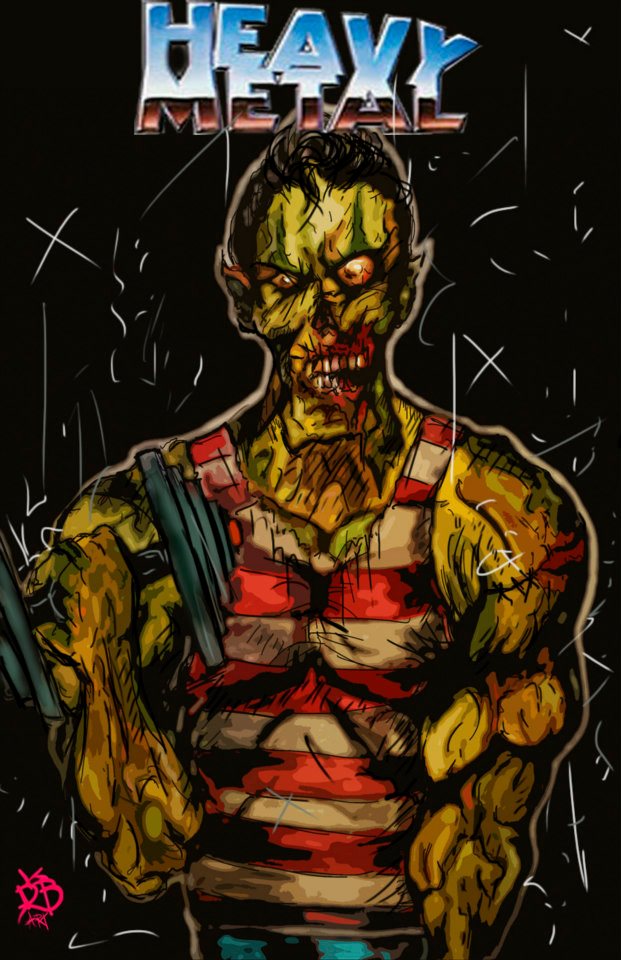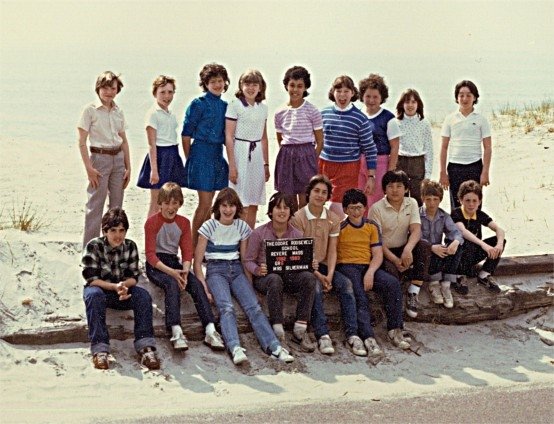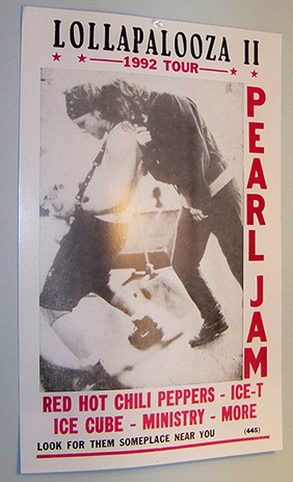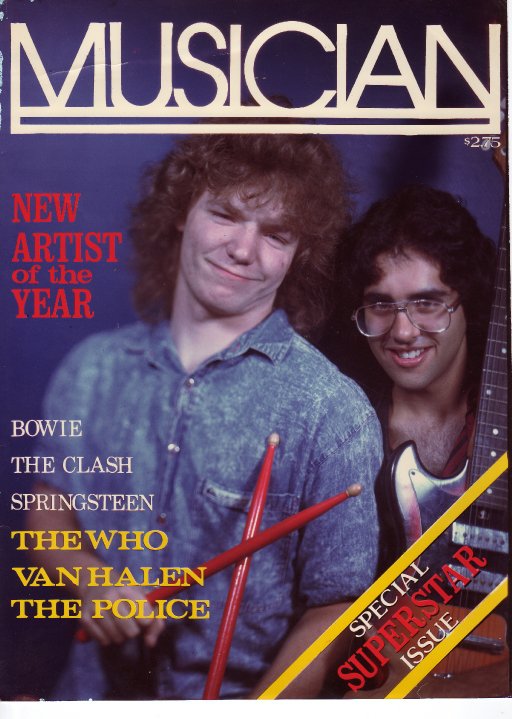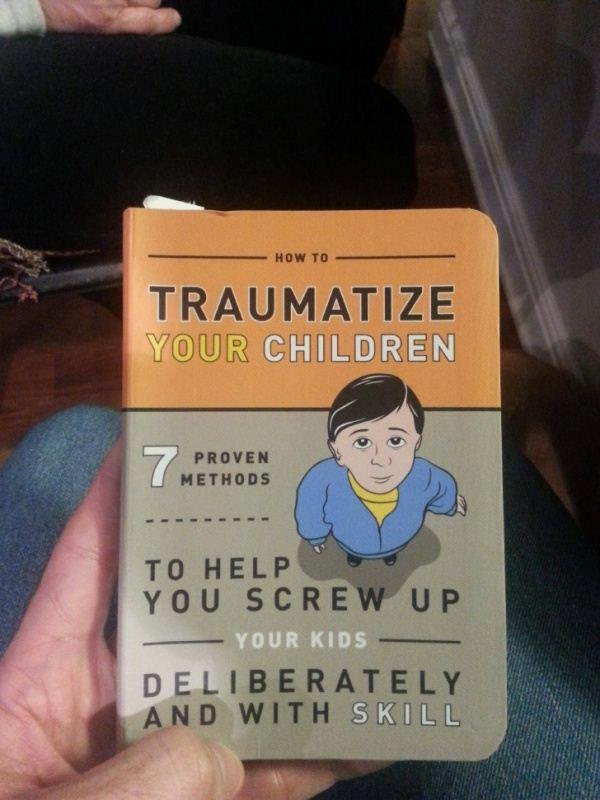I’ve written a ridiculous number of posts about Charles Manson. What can I say? I’m a guy given to obsessions, and the Manson case is a big one. Today — the 46th anniversary of the Tate-LaBianca murders — seems like as good a time as any to share an anthology…
Mood music:
http://youtu.be/5fvJEpdq8a8
“Vincent Bugliosi Inspired My Work in Journalism, InfoSec“: Vincent Bugliosi, the man who prosecuted Charles Manson and his family and then detailed the case in his book Helter Skelter, has died at age 80. Indirectly, I owe some of my career trajectory to him.
“The Beatles’ White Album and Charles Manson“: A post about the album Charlie made such a big deal about.
“Dennis Wilson and the Manson Family“: The sad tale of Dennis Wilson, drummer of The Beach Boys and one-time friend of Charles Manson.
“I Regret Wearing That Charles Manson T-Shirt“: In the early 1990s, Patti Tate, sister of Sharon Tate, was on a public tirade against Guns ‘N’ Roses frontman Axl Rose for going on stage every night wearing a Charles Manson T-Shirt. Around the same time, I had my own Manson shirt, worn regularly to freak people out.
“Slaying Old Fears in the Hollywood Hills“: This one is about the week I went to Los Angeles on business and killed some old demons while there.
“Telling the Tate-LaBianca Story: Truth and Embellishment“: A while back I had written a post about how, in my opinion, Restless Souls: The Sharon Tate Family’s Account of Stardom, the Manson Murders, and a Crusade for Justice by Alisa Statmen and Brie Tate, was the most important book ever written about the Manson murders (see below). Then the book’s accuracy was thrown into question. Here I talk about that accuracy.
“Tate-LaBianca, 43 Years Later: A Strange Society of Manson Watchers“: I’ve met some interesting people as a result of this Manson obsession.
“The Most Important Book Ever Written About Sharon Tate and the Manson Murders“: Restless Souls: The Sharon Tate Family’s Account of Stardom, the Manson Murders, and a Crusade for Justice, written by Tate family friend Alisa Statman and Brie Tate, niece of Sharon Tate, may well be the most important book written on the Manson case.
“Helter Skelter“: Wherein the author first admits his OCD behavior includes an obsession with the Manson Case.
